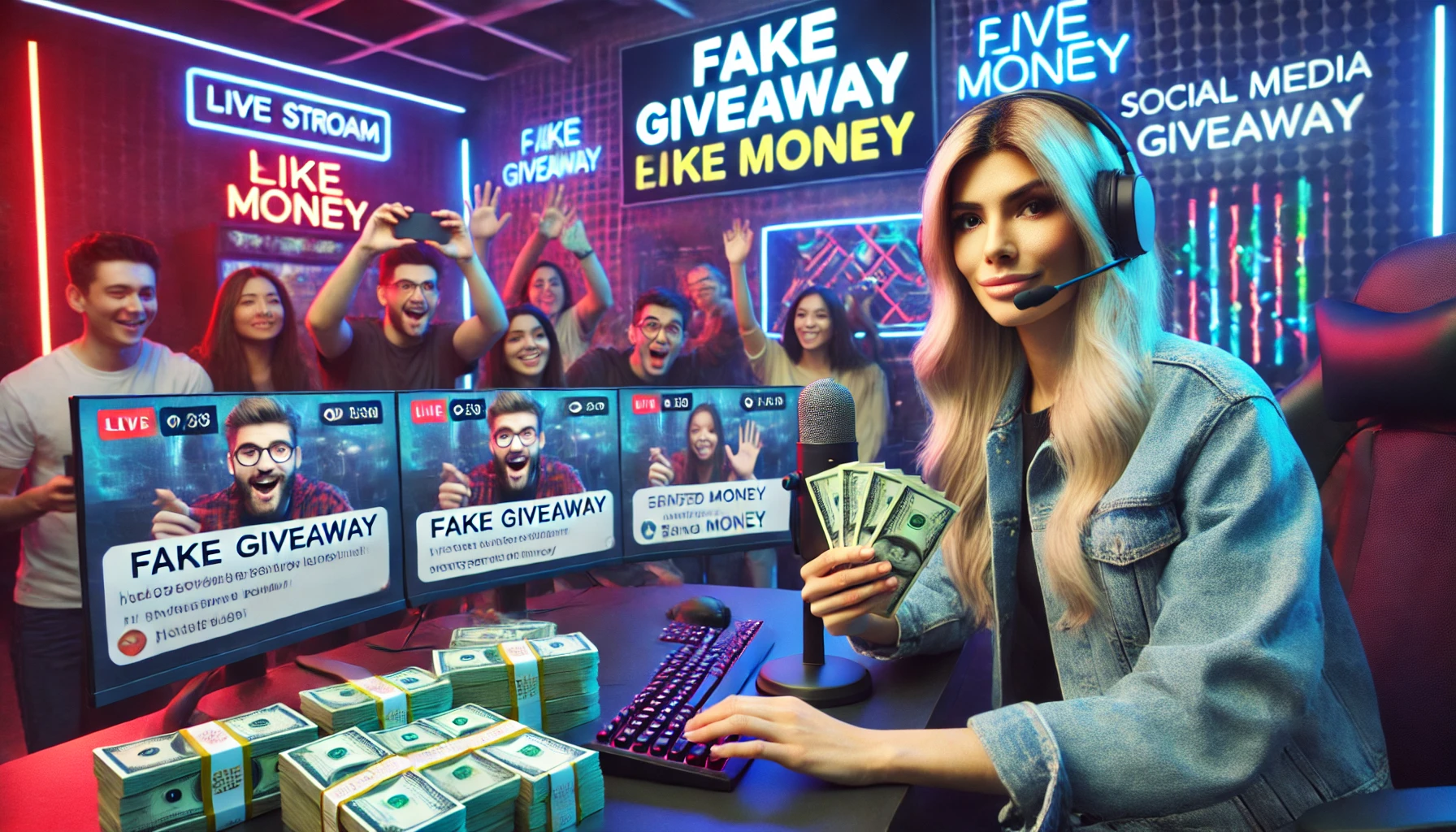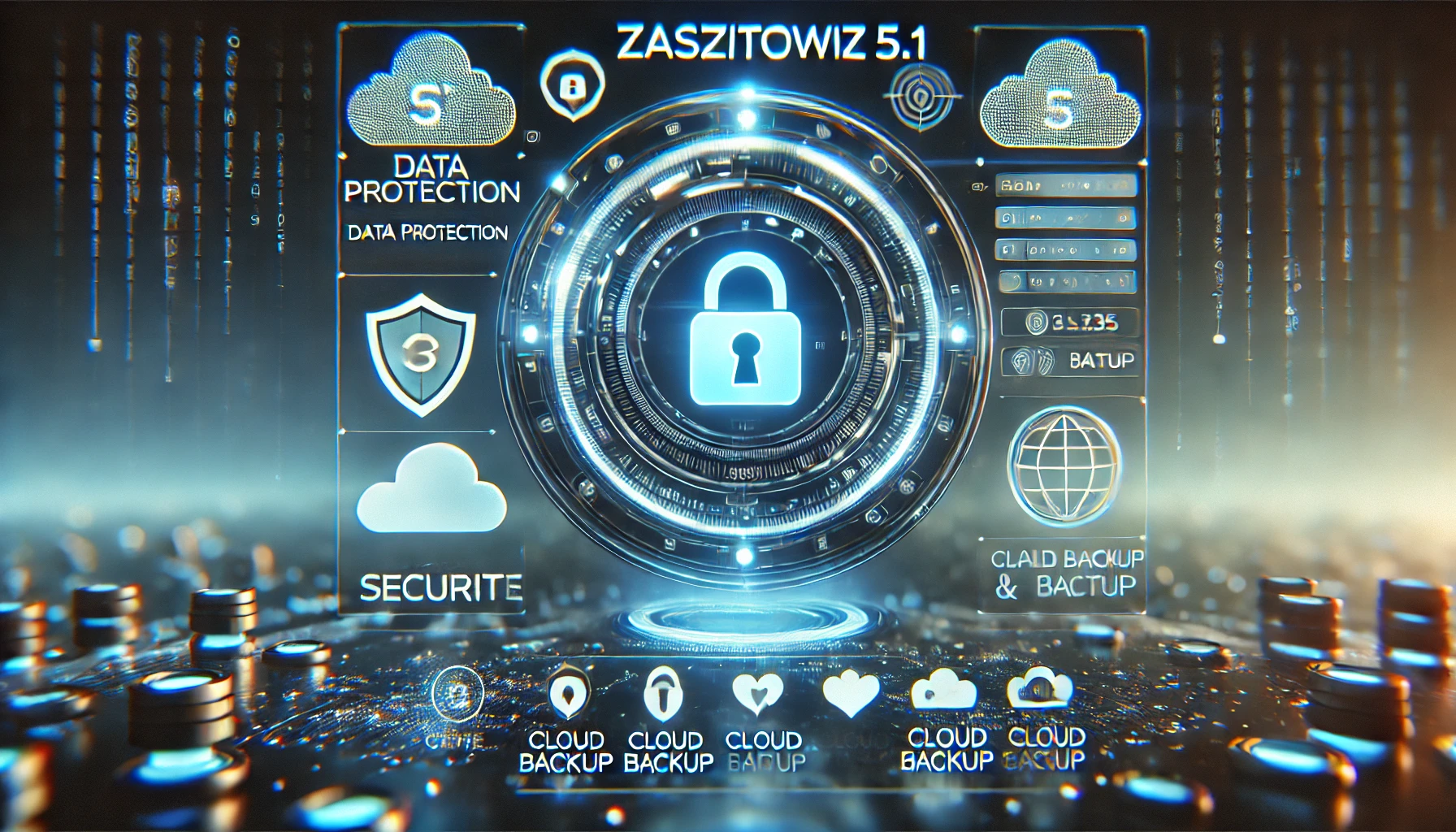The rise of social media has given birth to a new kind of celebrity influencers. These online personalities gain millions of followers and significantly impact public opinion, trends, and consumer behavior.
However, some influencers take things too far, engaging in extreme, reckless, or controversial behaviors to maintain relevance and virality. This phenomenon, often referred to as “influencersginewuld,” has sparked debates about ethics, responsibility, and the consequences of online fame.
This guide explores the concept of influencers going wild, why they do it, the impact on society, and the future of influencer culture.
The Rise of Influencer Culture
The Evolution of Social Media Influencers
Influencers have evolved over time. Initially, bloggers and YouTubers dominated the digital space, creating valuable content in niches such as beauty, tech, and travel.
As social media platforms like Instagram, TikTok, and Twitter grew, a new breed of influencers emerged—those who thrived on short-form content and viral moments.
Today, influencers are found across various industries, shaping how people consume information, make purchases, and even view the world.
The Power and Influence of Social Media Figures
Influencers hold immense power over their audiences. They can drive sales, shift public perception, and even impact political movements.
With this power comes responsibility, but unfortunately, some influencers prioritize personal gain over ethical considerations, leading to instances of “influencersginewuld.”
Understanding “Influencers Gone Wild”
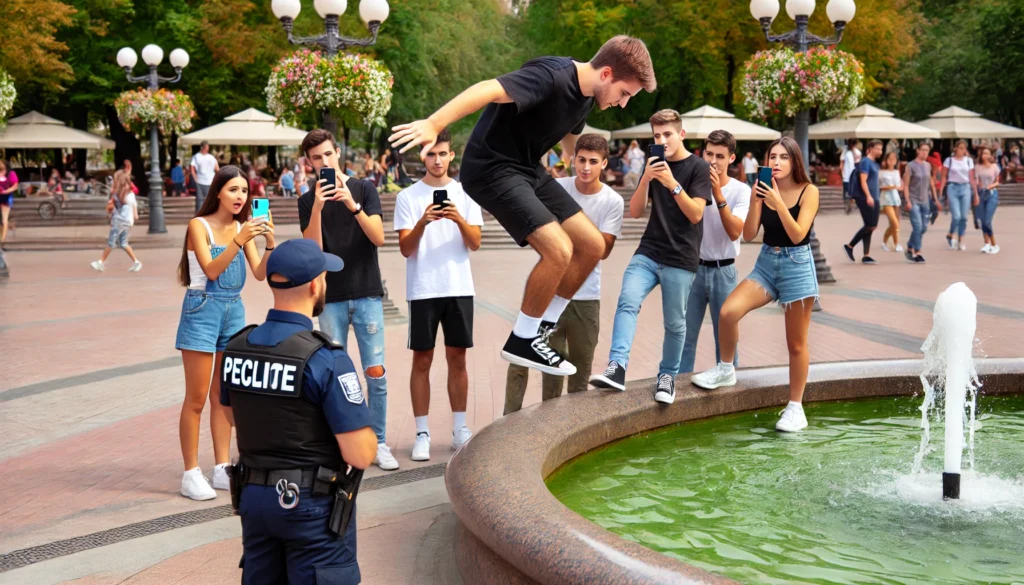
What Does “Gone Wild” Mean in Influencer Culture?
The term “gone wild” in influencer culture refers to influencers engaging in extreme, reckless, or even illegal behaviors to gain attention. This includes:
- Public stunts that disrupt daily life (e.g., blocking traffic for a video)
- Controversial statements to provoke outrage and engagement
- Fake giveaways or scams that deceive followers
- Inappropriate or offensive content to shock audiences
Why Do Influencers Engage in Extreme Behaviors?
Several factors contribute to influencers crossing ethical boundaries, including:
- The need for engagement: Social media algorithms reward viral content, making shocking actions more lucrative.
- Financial incentives: Brand deals and sponsorships often favor influencers with high engagement, regardless of how it’s achieved.
- Pressure to stay relevant: The fast-paced nature of social media means influencers constantly need new ways to capture attention.
- Audience demand: Some followers encourage reckless behavior, rewarding influencers with more likes, shares, and comments.
Notorious Cases of “Influencers Gone Wild”
1. Logan Paul’s Suicide Forest Scandal
In 2017, Logan Paul, a popular YouTuber, faced backlash for filming a deceased person in Japan’s Aokigahara Forest.
The video sparked outrage, leading to demonetization and a temporary career setback.
2. Jake Paul’s Public Nuisance Acts
Jake Paul has been involved in multiple controversies, from throwing wild house parties to being accused of looting during protests.
His actions often blur the line between entertainment and law-breaking.
3. Belle Delphine’s Bathwater Marketing Stunt
Belle Delphine, an internet personality, sold jars of her bathwater as a joke, which unexpectedly turned into a profitable business. While legal, the stunt raised ethical concerns.
4. Tana Mongeau’s Fake Wedding
Tana Mongeau staged a wedding with fellow influencer Jake Paul, charging fans to watch the event online. Many later realized the wedding was not legally binding, making it a publicity stunt.
5. James Charles vs. Tati Westbrook Feud
The beauty influencer community was shaken when Tati Westbrook accused James Charles of nappropriate behavior.
The drama led to Charles losing millions of subscribers before he defended himself with evidence.
The Impact of “Influencers Gone Wild” on Society
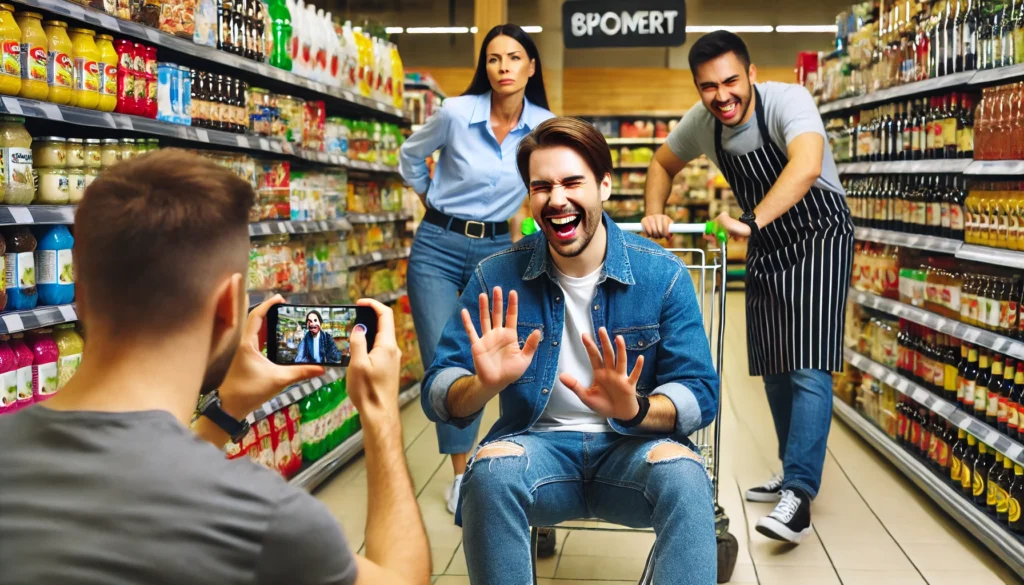
Audience Trust and Perception
When influencers engage in unethical behavior, it can damage trust among their followers.
Audiences become skeptical of influencer endorsements, reducing their effectiveness in marketing and brand partnerships.
Legal and Ethical Implications
Some influencers have faced lawsuits and bans due to their reckless actions. Social media platforms have also introduced stricter regulations to prevent misinformation, scams, and harmful content.
The Future of Influencer Culture
Trends and Predictions
As audiences demand more authenticity, influencer culture is shifting towards genuine and responsible content. Future trends include:
- More transparency in sponsorships
- Greater accountability through social media policies
- Rise of micro-influencers who focus on niche and meaningful content
How Can Influencers Avoid Going Wild?
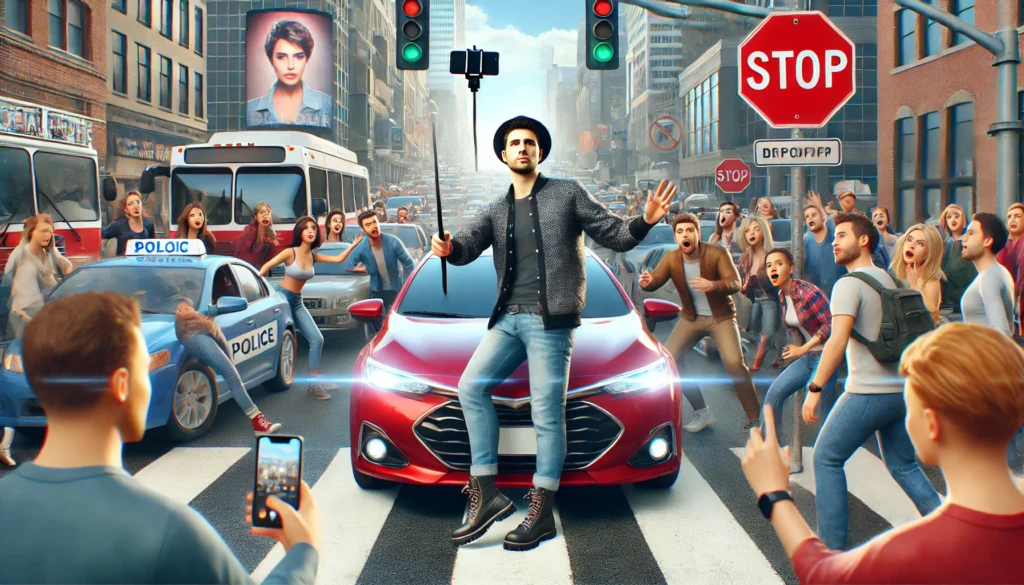
To maintain credibility, influencers should:
- Prioritize authenticity over shock value
- Follow ethical guidelines for content creation
- Engage responsibly with their audience
- Respect platform policies to avoid bans or demonetization
FAQs:
How can audiences spot an influencer who is “going wild”?
Look for excessive clickbait, unethical stunts, and misleading content.
Are social media platforms doing enough to control extreme influencer behavior?
While platforms have improved their policies, enforcement remains inconsistent.
Do brands still work with controversial influencers?
Some brands avoid them, but others may capitalize on their virality.
Can an influencer recover from a “gone wild” scandal?
Yes, but it depends on their response, public perception, and willingness to change.
What should followers do when influencers cross ethical lines?
Unfollow, report, or call them out to hold them accountable.
How do influencers benefit from controversy?
Controversy can drive higher engagement, making them more attractive to certain brands.
What are the risks of extreme influencer behavior?
They risk losing sponsorships, facing legal consequences, and damaging their reputation.
Can influencers be legally held accountable for reckless actions?
Yes, depending on the severity of their actions and local laws.
Are younger audiences more influenced by extreme behavior?
Yes, younger followers are often more impressionable and may imitate reckless behavior.
What role do managers and agencies play in influencer ethics?
They can guide influencers towards responsible content creation and help prevent PR disasters.
Conclusion:
The world of influencers is constantly evolving, with some pushing boundaries for fame and engagement. The term “influencersginewuld” represents the extreme behaviors of social media personalities and their impact on society.
While these actions may bring short-term fame, they often come with long-term consequences. The future of influencer culture will likely favor authenticity over shock value, promoting a healthier digital landscape for both influencers and their audiences.
recommend article:
Methatreams – A Comprehensive Guide to Real-Time Data Processing and Security!
The Ultimate Guide To Tiwzozmix458 – Features, Benefits & Implementation!
The Ultimate Guide To Feedbackmagazine.Org – Music Industry Insights & Trends!
The Ultimate Guide To Adsy.Pw/Hb5 – Boost Your Digital Marketing Success!
The Ultimate Guide To Crypto30x.Com – Features, Investment Strategies & Market Insights!
